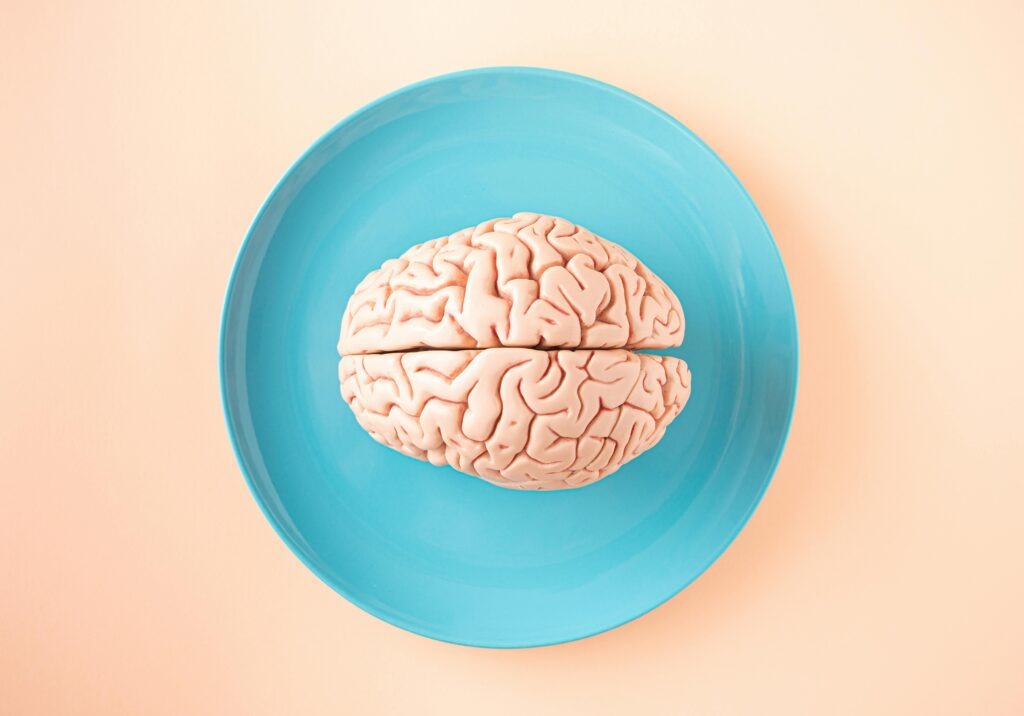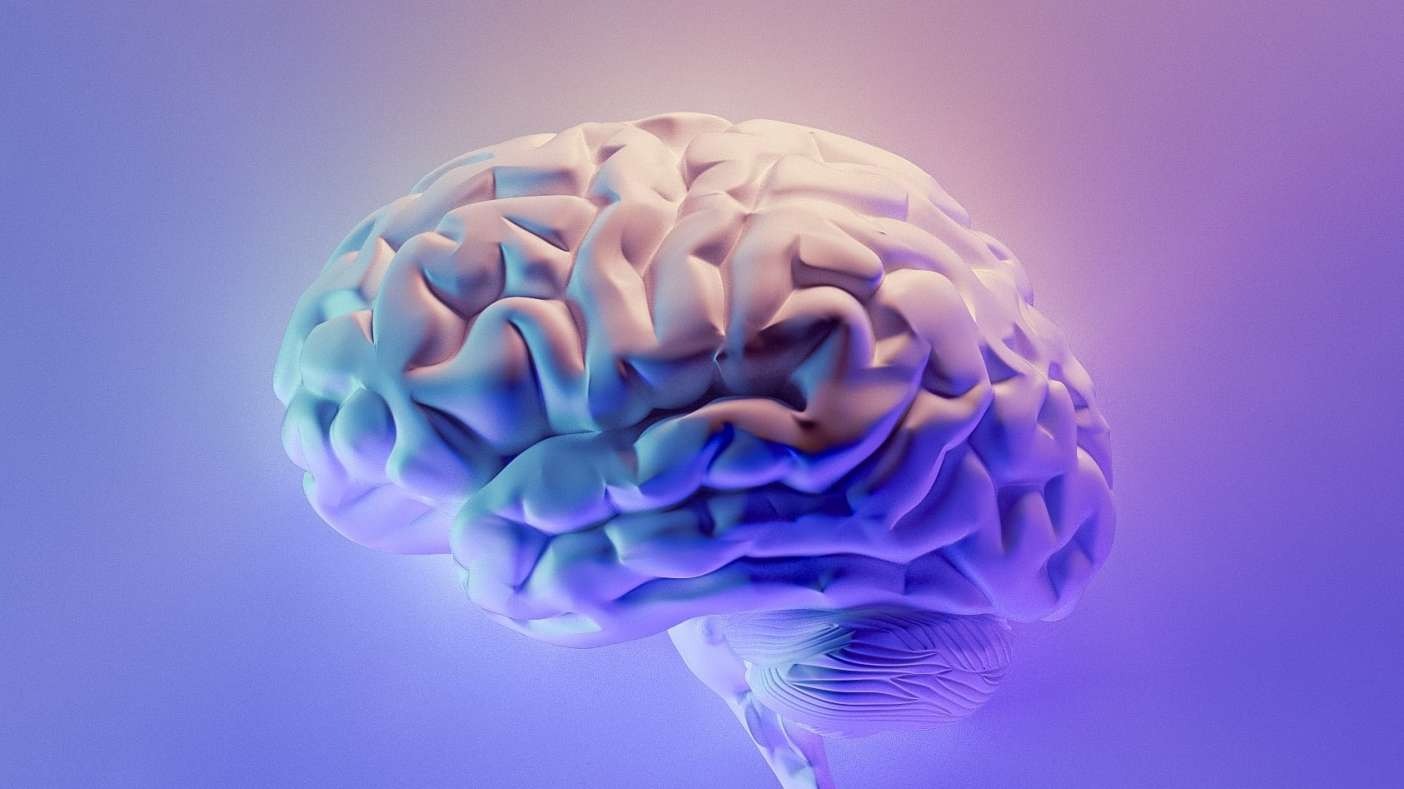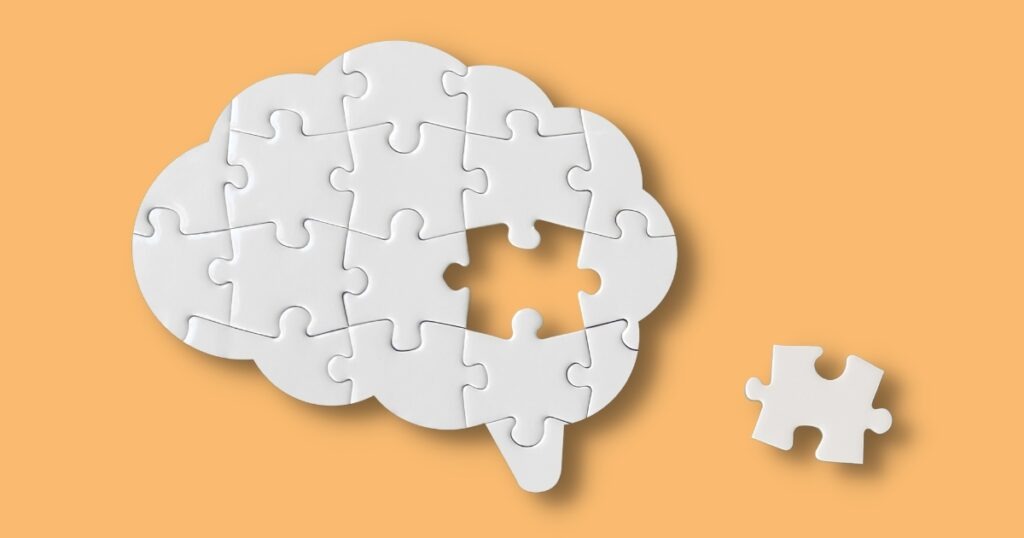3 Pounds of Remarkable Matter
Your brain is one of the most complex and fascinating organs in your body. It is made up of billions of neurons (or nerve cells) that communicate in trillions of connections called synapses. It is essential to keep your brain healthy and active. Find out how powerful your brain is with these interesting facts.

Sixty percent of the human brain is composed of fat, which makes it the most fatty organ in the human body. These fatty acids are essential for the performance of your brain, so make sure to feed it with healthy nutrients that stimulate the brain.
Your brain is not fully formed until the age of 25. Brain development starts at the back of the brain and progresses. As a result, your frontal lobes, which control planning and reasoning, are the last to strengthen and structure connections.
The storage capacity of your brain is considered immense. Research suggests that the human brain consists of about 86 billion neurons. Each neuron forms connections with other neurons, which could add up to 1 trillion (1000 billion) connections. Over time, these neurons can combine and further increase the storage capacity. They can also become damaged and stop functioning, as in issues such as Alzheimer’s, especially affecting memory.

Brain information can travel up to 350 miles per hour. When a neuron is stimulated, it generates an electrical impulse that moves from cell to cell.
On average, your spinal cord stops growing by the age of 4. The spinal cord is made up of a set of nerve tissues and supporting cells that are responsible for sending messages from the brain to the entire body.
The spinal cord is the main source of communication between the body and the brain. Amyotrophic afteral sclerosis (ALS) causes the passed away of neurons in the brain and spinal cord, which has an impact on controlled muscle movement. Multiple sclerosis (MS) is another issue that affects both the brain and the spinal cord. In MS, the immune system strikes the protective layer that covers the nerve fibers, causing communication problems between the brain and the body.
It’s a myth that you only use 10% of your brain. In fact, you use all this, even when you sleep. Neurologists confirm that his brain is still active.
The average adult human brain weighs about 3 pounds; that’s about half a gallon of milk. Men* tend to have slightly larger brains than women, but this does not have an impact on intelligence.
A brain freeze, medically known as sphenopalatine ganglioneuralgia, occurs when the cold hits the receptors of the meninges, the outer covering of the brain. The cold causes a contraction and then a dilation of the arteries, triggering a headache of rapid onset.
A piece of brain tissue the size of a grain of sand contains 100,000 neurons and a billion synapses. However, damage to neurons can have a huge impact. For example, during a stroke, the blood cannot carry oxygen to the brain. As a result, brain cells may die and the capabilities of this particular area of the brain may be lost. Similarly, Parkinson’s issue occurs when cells in a part of the brain called the substantia nigra begin to die.

The human brain runs on about 20 watts of power (enough to power a light bulb). All this power demands a well-deserved rest. Getting enough sleep helps maintain the pathways in the brain. In addition, research shows that lack of sleep is linked to Alzheimer’s issue.
